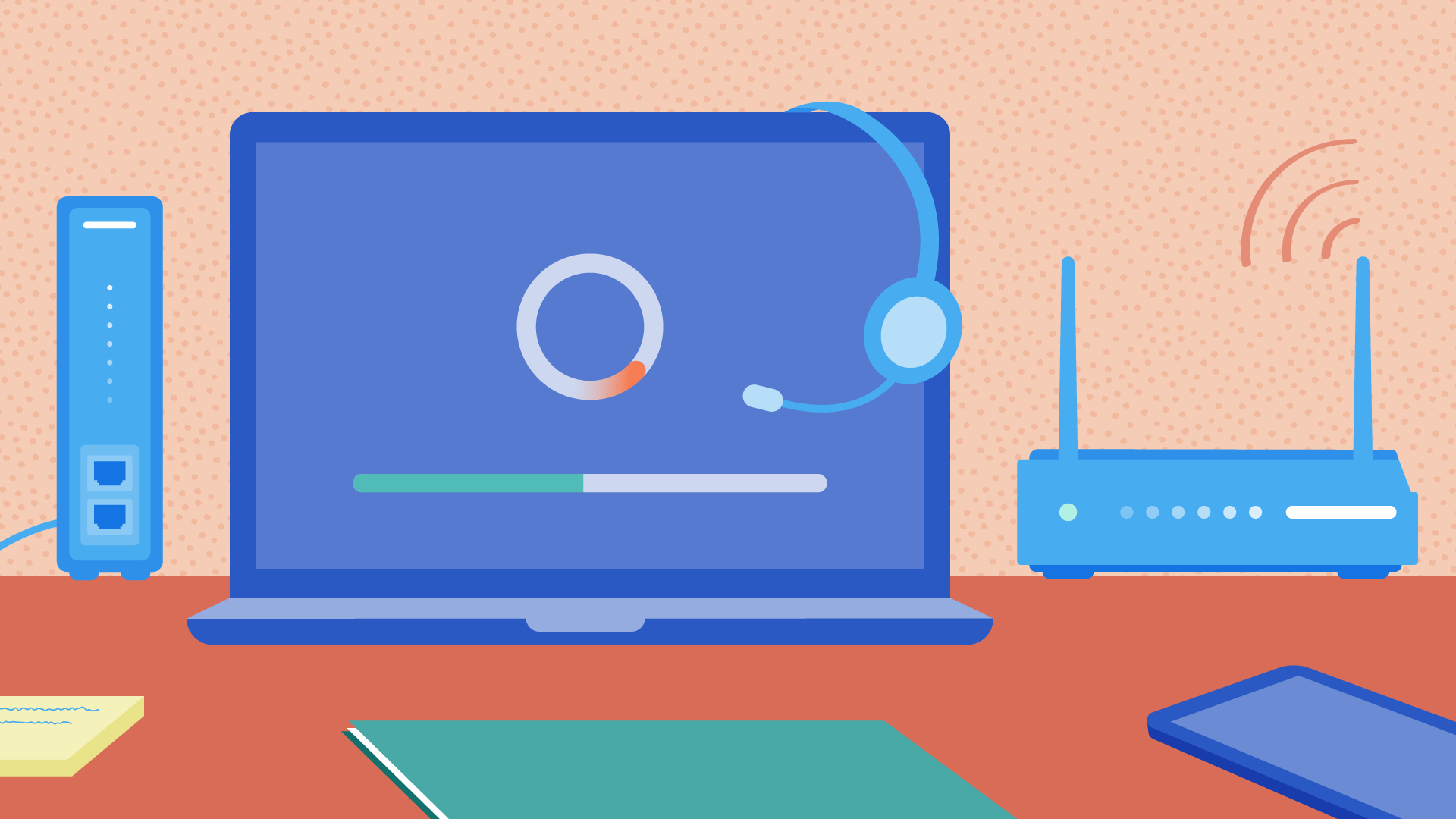A virtual phone system is an alternative to a physical phone system that allows businesses to make and receive calls over the internet from any device. To implement such a phone system, businesses need to purchase a plan from a reliable VoIP provider that includes a virtual phone number, a VoIP phone service, and a reliable internet connection. Additionally, businesses may need extra VoIP hardware, software, and several phone numbers depending on their specific needs. With the right setup, businesses can benefit from the increased scalability and cost-savings that come with a virtual phone system.
Hardware Requirements
When it comes to hardware, there are a few items that are required for a virtual phone system to work. The first is a computer or server that is capable of running the system. This should have sufficient processing power, memory, and storage to meet the demands of your specific system. Additionally, depending on the type of system you are implementing, you may need additional hardware such as an IP phone, modem, router, or switch.
Software Requirements
In addition to hardware, a virtual phone system requires certain software to function properly. Most systems require an operating system such as Windows or Linux. You will also need a communications software package such as Asterisk or FreePBX. This software is responsible for the actual handling of calls, routing and transferring them, and so on. Additionally, you may need additional software such as VoIP clients or softphones.
Network Requirements
The success of your virtual phone system also relies on the quality of your network. You need to make sure that you have sufficient bandwidth and a reliable connection to ensure that calls are routed properly. Additionally, you may need to use a VPN to protect the integrity of your calls.
Security Requirements
The security of your virtual phone system is paramount. This means that you will need to install a firewall to prevent malicious actors from accessing your system. You should also implement authentication protocols to ensure that only authorized users can access the system. Additionally, you should encrypt any data that is transferred over the network to ensure its safety.
List of Benefits
There are many advantages to using a virtual phone system. Here are some of the top advantages:
- Cost Savings: The cost savings associated with virtual phone systems are significant. Traditional phone systems are expensive to install, maintain, and operate. A virtual phone system can reduce costs substantially by eliminating the need for hardware, software, and connectivity.
- Flexibility: A virtual phone system offers great flexibility. It can be set up quickly and easily and can be used from any location. This makes it ideal for businesses that have multiple locations or employees that work remotely.
- Scalability: Virtual phone systems are highly scalable. They can easily be scaled up or down depending on the size of the organization or the needs of the users. This makes them perfect for businesses that may have fluctuating needs from time to time.
- Ease of Use: Virtual phone systems are easy to use and understand. The user interface is straightforward and intuitive, and the system can be set up quickly and easily.
- Security: Virtual phone systems offer excellent security. The system is secure, so it is not vulnerable to security threats or data breaches. Additionally, users can be given specific permissions to ensure that only authorized people can access certain areas of the system.
Conclusion
A virtual phone system can be a great addition to your business, but it requires careful planning and preparation to ensure that it is implemented correctly. You will need to make sure that you have the necessary hardware, software, network, and security requirements in place. Additionally, you need to be aware of the numerous benefits that a virtual phone system can provide for your business. With careful planning and preparation, you can ensure that your virtual phone system is implemented successfully.

